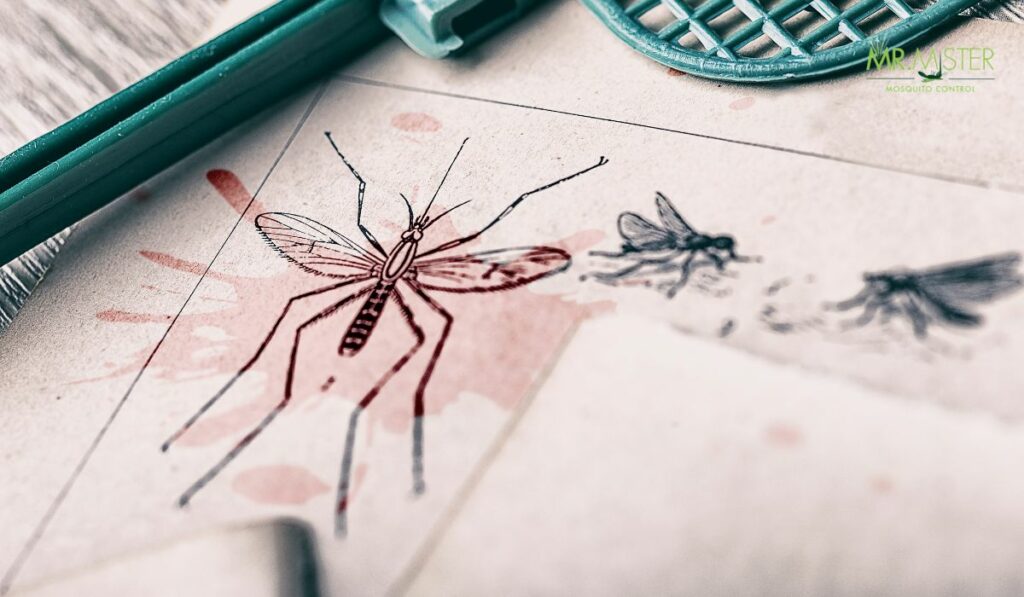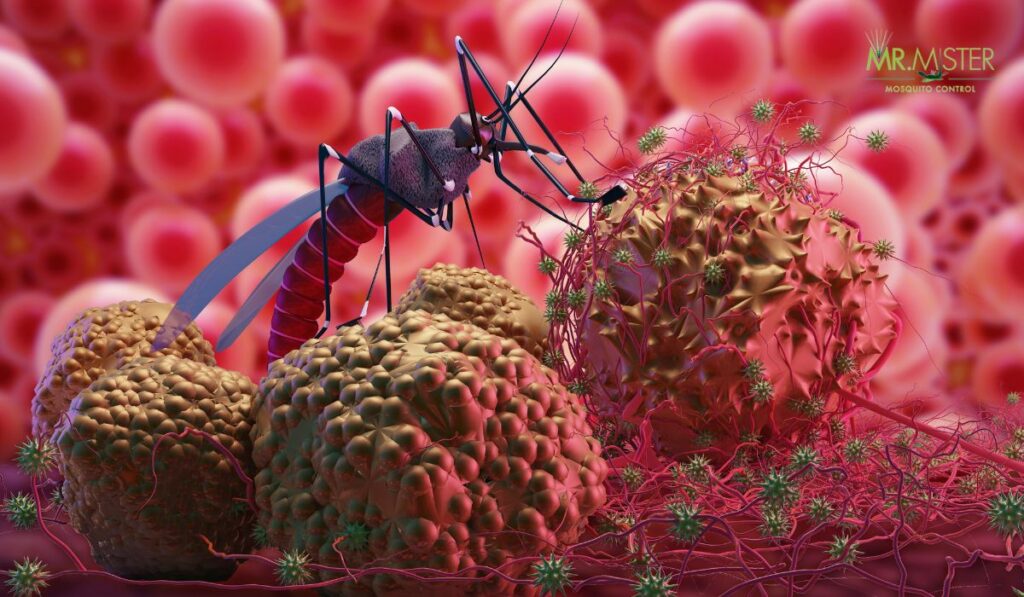When Is National Mosquito Control Awareness Week Celebrated?
National Mosquito Control Awareness Week is celebrated annually in the United States during the last full week of June. It serves as a dedicated period to raise awareness about the importance of mosquito control & educate the public on ways to prevent mosquito-borne diseases.
Key Objectives of National Mosquito Control Awareness Week
The primary objectives of National Mosquito Control Awareness Week are to educate individuals about the significance of mosquito control, promote effective mosquito prevention strategies, and emphasize the role of community involvement in mosquito control efforts. The awareness week aims to empower people with knowledge and resources to protect themselves and their communities from mosquito-related health risks.
Ways To Participate And Contribute
Individuals and communities can participate and contribute to National Mosquito Control Awareness Week in various ways. Local health departments, mosquito control districts, and community organizations often organize educational events, workshops, and public outreach programs to disseminate information about mosquito control. Participating in or supporting these initiatives can help spread awareness and encourage proactive mosquito control practices.
Tips For Mosquito Prevention And Protection
During National Mosquito Control Awareness Week, it is crucial to highlight practical mosquito prevention and protection tips. These include:
- They eliminate stagnant water sources where mosquitoes breed, such as standing water in flower pots, gutters, and birdbaths.
- I am using EPA-approved insect repellents containing ingredients like DEET, picaridin & oil of lemon eucalyptus.
- I wore long sleeves, pants, and socks when outdoors, particularly during peak mosquito activity times.
- We install or repair window and door screens to keep mosquitoes out of living spaces.
- It is being aware of and following local guidelines and recommendations for mosquito control.
By implementing these preventive measures, individuals can reduce their exposure to mosquitoes and minimize the risk of mosquito-borne diseases.
Joining Forces: Collaboration And Partnerships
National Mosquito Control Awareness Week encourages collaboration and partnerships between various stakeholders involved in mosquito control. This includes local and state government agencies, health departments, mosquito control districts, community organizations, schools, and individuals. More effective and sustainable mosquito control strategies can be implemented by working together, sharing resources and expertise, and fostering community engagement.
Conclusion
National Mosquito Control Awareness Week is a vital platform to educate the public, raise awareness, and promote proactive mosquito control practices. By recognizing the importance of mosquito control and taking necessary preventive measures, individuals and communities can create safer and healthier environments free from the threat of mosquito-borne diseases.
FAQs
What is the destroy mosquitoes program?
The destroy mosquitoes program refers to comprehensive efforts to control and reduce mosquito populations in specific areas. It often involves strategies like larval source reduction, habitat management, biological control methods, and targeted pesticide application.
What months are bad for mosquitoes?
Mosquito activity tends to be most prevalent during the warmer months, typically from spring to early fall when temperatures and humidity levels are favorable for their breeding and survival. However, the specific months can vary depending on the region and local climate conditions.
What is the disease in Massachusetts from mosquitoes?
In Massachusetts, one of the mosquito-borne diseases of concern is Eastern Equine Encephalitis (EEE). EEE is a rare but severe viral disease that can cause brain inflammation and sometimes lead to long-term complications or even death.
Who started World Mosquito Day?
World Mosquito Day was established in honor of Sir Ronald Ross, a British doctor who contributed significantly to understanding malaria transmission. He discovered the connection between mosquitoes and malaria parasites, eventually leading to breakthroughs in mosquito control and malaria prevention methods.
Is there anything that works for mosquitoes?
Yes, there are several effective measures for mosquito control and personal protection. These include eliminating breeding sites, using insect repellents, installing mosquito nets or screens, and employing mosquito control methods such as larviciding or insecticide spraying when necessary.
Why haven’t we wiped out mosquitoes?
Mosquitoes play essential roles in ecosystems, such as serving as a food origin for other organisms & contributing to pollination. Additionally, their ability to adapt and reproduce rapidly makes complete eradication challenging. Efforts primarily focus on controlling mosquito populations and mitigating the risks associated with mosquito-borne diseases.
Who brought mosquitoes to America?
Mosquitoes are native to various regions worldwide, including the Americas. They have always been present in the natural ecosystems of the continent and were not introduced by a specific individual or group.
What did mosquitoes used to be called?
The word “mosquito” comes from the Spanish and Portuguese languages, where it originally referred to any small fly or gnat. The term eventually became specific to the blood-sucking insects we commonly associate with mosquitoes today.
What is the oldest mosquito in the world?
The oldest known mosquito specimens preserved in amber date back approximately 79 million years. These ancient mosquitoes provide valuable insights into these insects’ evolutionary history and biology.
What happens if all mosquitoes die?
While the absence of mosquitoes could disrupt particular ecosystems, it is unlikely to cause catastrophic consequences. However, it would eliminate the nuisance and health risks associated with mosquito bites and the transmission of mosquito-borne diseases.
Will mosquitoes ever go extinct?
The complete extinction of mosquitoes is highly improbable and not considered a feasible goal. Their ability to adapt and their widespread distribution make eradication efforts challenging. Instead, the focus is on managing mosquito populations and reducing their impact on human health.
Can mosquitoes ever be eradicated?
Eradicating all mosquitoes globally is considered unattainable due to their extensive distribution and biological resilience. However, localized efforts can control and reduce mosquito populations, effectively minimizing their risks.
What smell do mosquitoes hate?
Various scents repel mosquitoes, including citronella, eucalyptus, lavender, and peppermint. These scents can be found in certain plants, candles, essential oils, or commercially available mosquito repellents.
What did Native Americans call mosquitoes?
Different Native American tribes had their names for mosquitoes, varying from region to region. Some tribes called mosquitoes “skeeters,” “mooskeetoes,” or similar names.
How did Native Americans get rid of mosquitoes?
Native Americans employed various methods to repel or reduce mosquito populations. These methods included burning specific herbs or plants, using natural oils or extracts, and constructing smoky fires or smudge pots to create smoke that would deter mosquitoes.
* Schedule a Free Mosquito Control Consultation – 404-941-0720 *
* Guaranteed Results * 100% Biodegradable * Locally Owned







